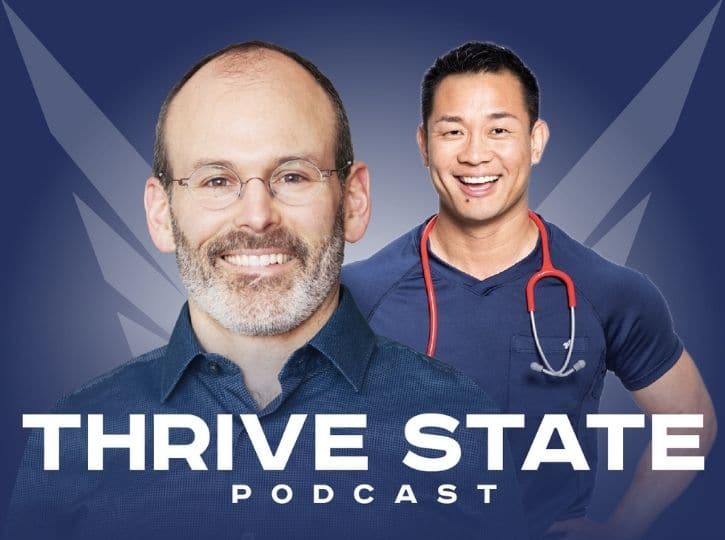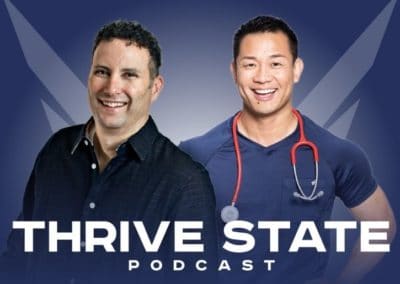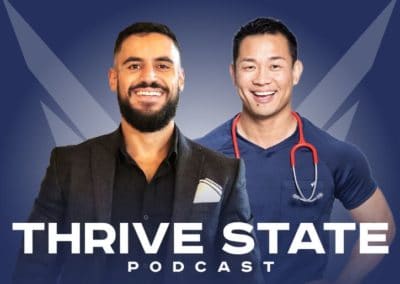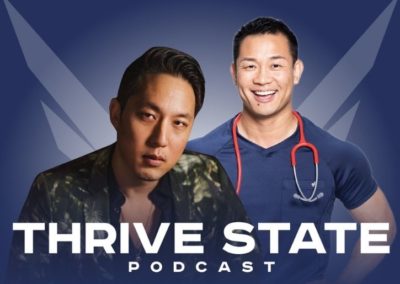Episode 70: Dr. Jud Brewer, M.D.
They’d say WE BECOME WHAT WE REPEATEDLY DO.
Our actions make up our habits and our habits make up who we are.
So Healthy habits = Healthy YOU. But admittedly, the everyday stresses and influence of fast-paced life make it even more challenging to adopt and keep healthy habits. And once it becomes a habit, it’s so hard to break away and implement the change you want for your life.
In a chat with Dr. Jud Brewer, New York Times best-selling author, neuroscientist, addiction psychiatrist, and thought leader in the field of habit change, we dissect how the mind works and how we can work the mind to learn and unlearn the things that influence our health and life goals
Dr. Brewer is the director of research and innovation at Brown University’s Mindfulness Center, where he also serves as an associate professor of Behavioral and Social Sciences in the School of Public Health. He is the executive medical director of behavioral health at Sharecare, a digital health company, and a research affiliate at MIT.
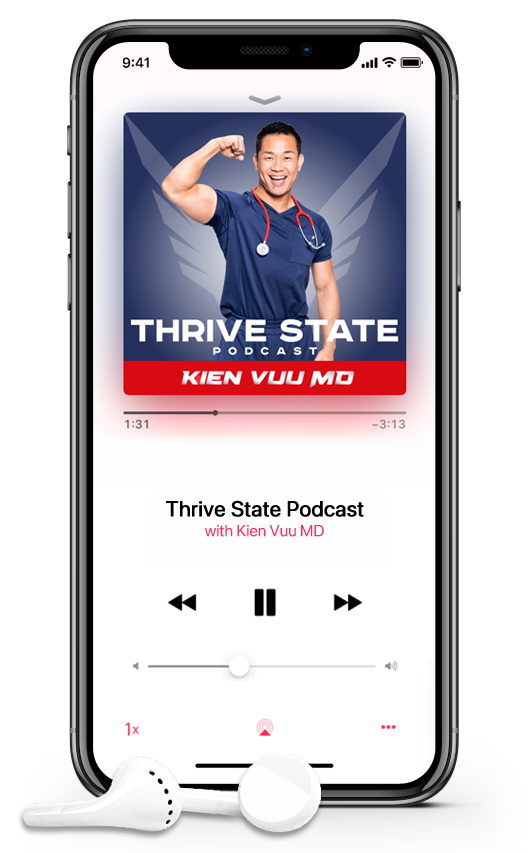
In a chat with Dr. Jud Brewer, New York Times best-selling author, neuroscientist, addiction psychiatrist, and thought leader in the field of habit change, we dissect how the mind works and how we can work the mind to learn and unlearn the things that influence our health and life goals
Dr. Brewer is the director of research and innovation at Brown University’s Mindfulness Center, where he also serves as an associate professor of Behavioral and Social Sciences in the School of Public Health. He is the executive medical director of behavioral health at Sharecare, a digital health company, and a research affiliate at MIT.
It’s so easy to fell into the spiral trap of overthinking. We think and regret the things of the past and worry too much that we get lost in the track of what to do in the future. This is one recipe of anxiety and, worse, depression. And for some, unhealthy vices or addiction.
So how do we pull out ourselves from these? So how do you reclaim YOU?
Is willpower enough to fight these?
How do we win over worry, anxiety, and depression?
In this latest episode of the Thrive State podcast with Dr. Jud Brewer, discover the power of habits and how you can use it to master your emotional states and deal with anxiety, depression and addiction!
Show notes
3:19
4:59
There’s an anatomical connection between the conceptual sense of self and the experiential sense of self. The experiential part of the default mode network is anatomically connected to the hippocampus so there are memory connections. We attribute memories to strong emotional experiences like pain.
9:05
10:45
13:05
People don’t usually know that they have a certain mental habit. If they don’t work with it as a habit, they’re never gonna get out of it. Some people benefit from medication but everybody can benefit from learning how their mind works and working with their minds.
15:20
Target habitual behavior. Habit change is all about reward value. If you want to change behavior, you have to change the reward value. Pay attention to habits we want to change. Know its reward value and make a better offer and alternative.
Be the master of your habits: 1. Map out the habit loops. 2. Pay attention to what results are not very rewarding, drip the reward value. 3. Bigger better offers we can compare.
24:47
-unwinding anxiety app
-eat right now app
-craving to quit app
25:40
30:28
The general concept is expansion versus contraction. Eperiment on things that make us feel the expansions or contractions: meditation, breath work, walking, hiking.
Other episodes you might be interested:
Relevant Links:
- How to Keep Your Head On Straight in 2021
- Talking Sh*T !!! How Your Gut Affects Your Health and Performance
- Listening to Your Inner Truth
- Ultimate Performance Tools of the Titans
- Hacking Your Movement and Breath for Peak Performance
- Making of a SuperHero body with Celebrity Nutrition Expert with Rehan Jalali
- World Building
- The Healing Power of Decision
- Courageous Love - Overcoming Assault, Addiction, and Divorce
- The Easy Way or The Heart Way - Master Your Cardiovascular Health
- The Medicine of Authenticity and Intuition
- The Healing Power of Being in the NOW
- Living with No Regrets After "She Bangs"
- Say Yes to NO - Nitric Oxide as the magic molecule to Erections and Vascular Health
- Former Miss California Reveals Health Insights from the World of Pageants
- Finding Your Community Through Purpose
- The Synergistic Healing Energies of Culinary Alchemy
- Leading Yourself to Success While Having Fun
- Love is the Strongest Medicine
- Get Healthy AF with a Habits-Based Approach
- Light Em Up - The Performance Benefits of Red Light Therapy
- A Game Changing Approach to Peak Performance
- Transform Yourself and Your Love Life with Integrity Dating
- What the F*&$ is Performance Medicine???
- How to BioHack and Manifest Your Best Life
- Epigenetics - How to Control Your Genetic Destiny
- Mindset and Moonshots
- Sexual Biohacking: Secrets Revealed to Getting Turned On
- Sugarproof: How to Protect You and Your Children against Disease
- Healing DIS-ease with Qigong
- Live to 200: The Science and Technology of Growing Young
- Powerful Mental and Emotional Hacks to Health and Success
- Stop Emotional Eating NOW - Secrets to Never Having to Diet Again
- How to Activate Your Thrive State
- Overcoming Dyslexia and Turning Ferrari Clients into F1 High Performers
- The Vision and Mindset of Achieving Anything You Want
Other YouTube videos to enjoy:
- How to Cook Rice | White Rice vs. Brown Rice | Is Rice Healthy? | Red Rice, Black Rice, Purple Rice
- Sugar is more addictive than Cocaine!? | Why sugar is bad for you | How to quit sugar
- How Stress Affects Your Mind and Body | Chronic Disease | Stress Relief | Doses of Fun
- Morning Routines | Successful morning habits | My Best Healthy Morning Routine
- Are You Really Happy? How to be happier? | The secret to Happiness
- Men Lifestyle & Health Tips | 11 Ways to Stay Sexy | Kevin Kreider | KienVuuMD
- FINDING YOUR PURPOSE | Motivational Video | Daily #motivation #Inspirations #Passion
- MOTIVATIONAL | INSPIRATIONAL VIDEO | Health is a CHOICE | The POWER of CHOICE
- Viome - Naveen Jain | How poop can affect your health!
- Philly Cheese Steak! Why it should be a Recreational Indulgence | Diet Choices

